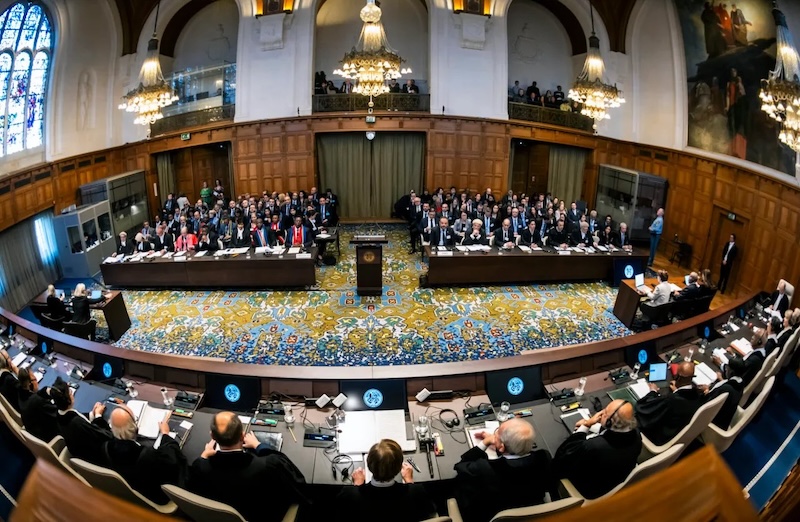
Lobbying is the scourge of democracy. Independent Senator David Pocock and MP Monique Ryan are pushing legislative reform to rein in the power of money in politics. Richard Barnes reports.
Lobbying is the scourge of the Australian body politic. Described by the eminent retired public servant and publisher John Menadue as “pervasive and insidious” and here at Michael West Media as a toxic and powerful influence over democracy, it is now coming under political purview via an inquiry by the Senate into lobbyist access to Parliament House.
So, get your submissions in quick smart to the Senate Finance and Public Administration Reference Committee. It doesn’t have to be long. Today is the last day.
There are over 700 registered “third party lobbyists” whose orange passes allow them unfettered access to the parliamentary buildings in Canberra. (And one can’t help but wonder whether it is with a feeling of pride that, when asked what they do for a job, these people reply,
I wield undue influence on the nation’s decision-makers to get outcomes favourable to those who engage me
But there are many more people who, while they are very much lobbyists, are not registered as such: “in house” lobbyists – people employed within an organisation purely to undertake that role; and people who, by virtue of their senior positions within industry bodies, are able to act as “ex officio lobbyists”: executives of businesses, industry groups, NGOs, not-for-profits, charities, think tanks, research centres, religious organisations, trade unions and other bodies – all of whom have the opportunity to give advice to government which is rarely disinterested but which is not officially defined as “lobbying”.
The Big 4 – PwC, EY, Deloitte and KPMG – are in this top echelon of lobbyists; so pervasive and so powerfully connected at every level of government that they neither disclose nor deem themselves to be lobbyists. It is in the way of the eminent surgeon who no longer calls themself Doctor, but simply Mr.
Two major parties too close
For obvious reasons, there has been little willingness on the part of Labor and Coalition politicians to tackle the lobbying problem.
Now, however, thanks to Independent Senator David Pocock and the Teal Dr Monique Ryan, there is some action. Last year, Dr Ryan introduced to the House of Reps a private member’s bill, the Lobbying (Improving Government Honesty and Trust) Bill 2023, known as the “Clean up Politics Act”:
At the same time, Senator David Pocock has established a Senate inquiry into access to Australian Parliament House by lobbyists and the adequacy of current transparency arrangements relating to the lobbyist register, to be run through the Financial and Public Administration References Committee:
Some of us would go further than proposed by Senator Pocock and Dr Ryan, by simply abandoning the orange pass system and requiring all access to politicians to be by publicly diarised appointments only. Nonetheless, their proposals, if adopted, would represent a powerful weakening of the power of lobbyists and a strengthening of our democratic decision-making processes.
The Terms
The Senate inquiry’s terms of reference are in particular, around the (currently hopelessly inadequate) lobbyist register:
- transparency arrangements;
- the current sponsored pass system for lobbyists to access Australian Parliament House with particular regard to transparency and publication of lobbyists who are pass holders and their sponsors;
- publicly accessible information of Australian Parliament House pass holders who are lobbyists and their sponsors.
Submissions to the inquiry close tomorrow, Friday, 9th February. Here is the link to the Senate submissions website:
It is not too late to have your say.
Climate Betrayal: how backroom deals with Japan locked Australia in for decades of gas
This post was originally published on Michael West.


















